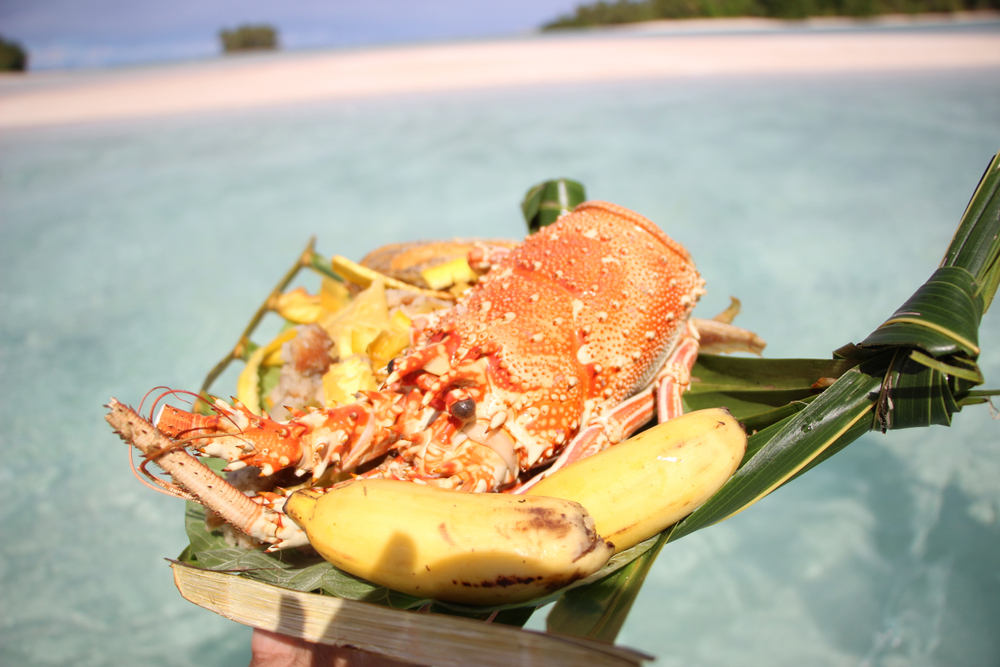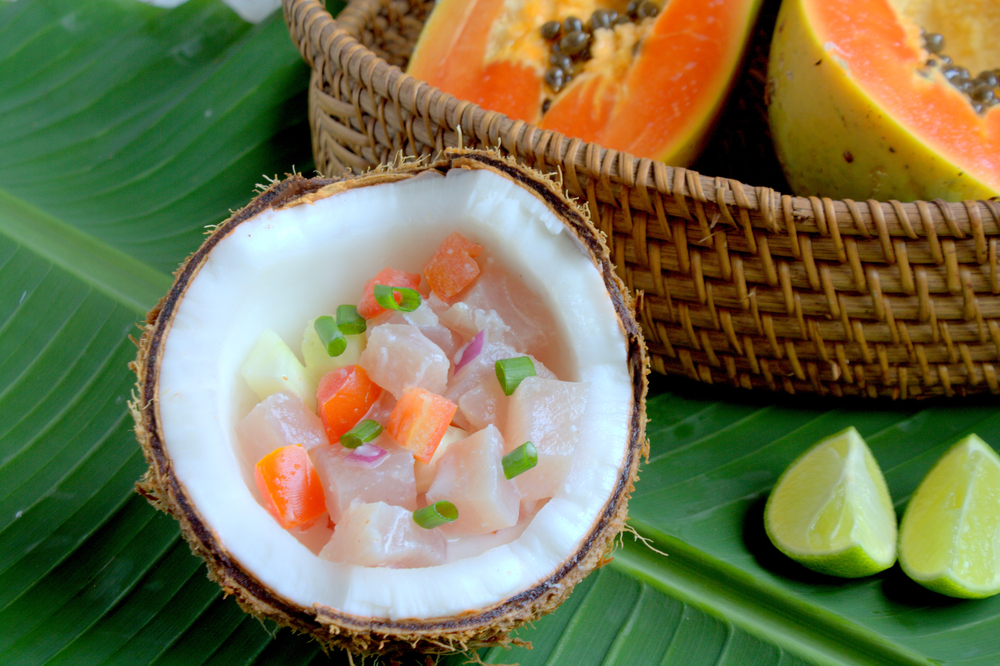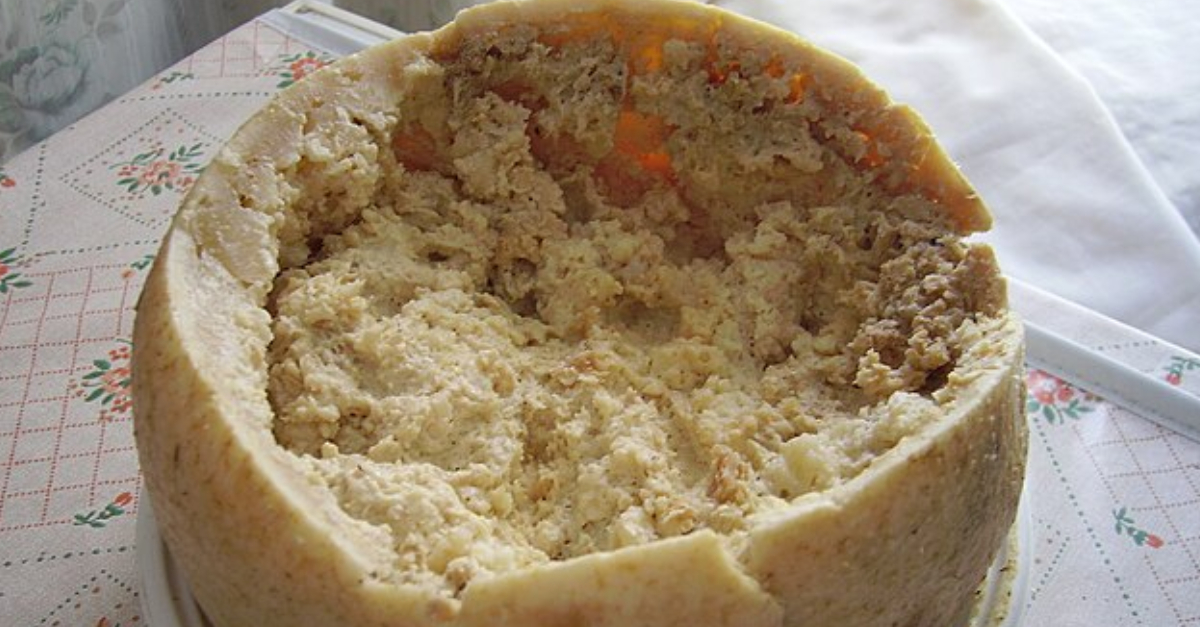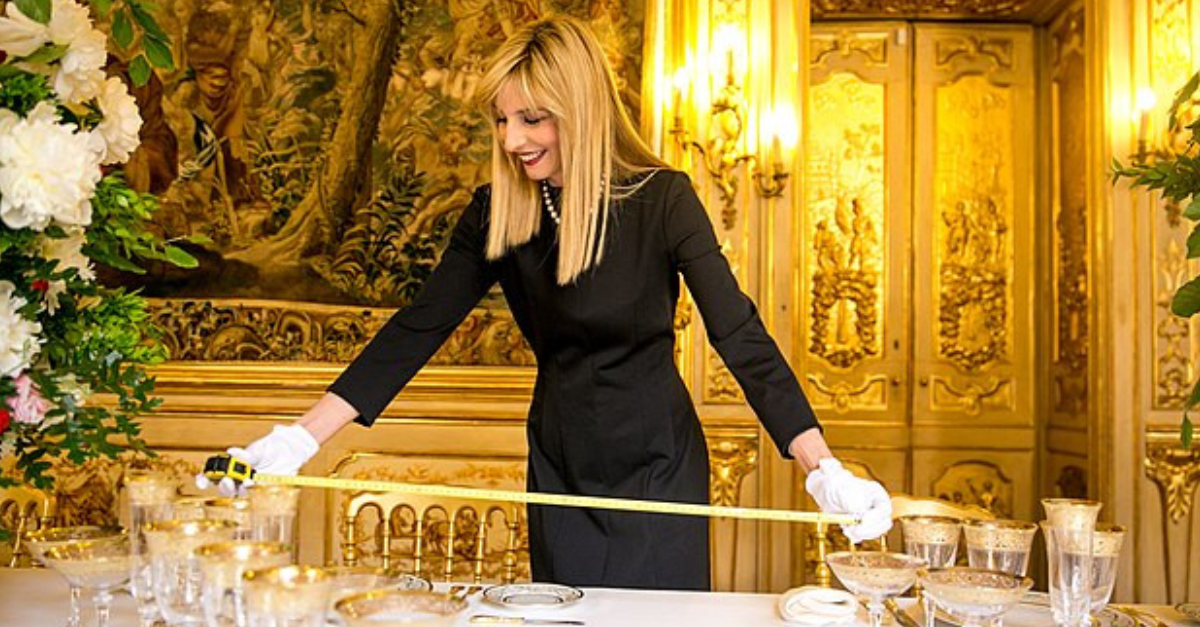Tuvalu, a small island nation in the Pacific Ocean, is home to a diverse culinary tradition influenced by Polynesian origins and the abundance of sea life. Discover a variety of dishes that showcase the island's culture, history, and deep ties to the ocean.
A seafoodie's paradise
Seafood is the main component of Tuvaluan cuisine, especially fish and shellfish, due to the islands being surrounded by the ocean. Palusami, a favored dish, consists of fish, coconut cream, and taro leaves wrapped in banana leaves and baked until soft, resulting in a harmonious combination of flavors typical of Tuvaluan cuisine.
Pulaka: Tuvaluan taro
Pulaka, a starchy root vegetable similar to taro, is a common ingredient in Tuvaluan cuisine. It can be boiled, mashed, or roasted and pairs well with fish or meat dishes due to its mild flavor and hearty texture.
Pulaka is a popular choice to pair with meals in Tuvalu.
It is crafted using grated pulka, coconut cream, and sugar. This delectable dessert is steamed until solid and can be enjoyed either warm or cold. Both locals and tourists appreciate its smooth consistency and gentle sweetness.
Coconut, umu, and more
Coconut plays a significant role in Tuvaluan cuisine as well. It is used to add flavor to dishes like coconut crab, where crab meat is cooked in a coconut broth.
Additionally, coconut is grated and toasted to create kopai, a topping for desserts or a snack.
One cannot discuss Tuvaluan cuisine without mentioning the traditional umu—it's an underground oven where fish, pork, or chicken wrapped in banana leaves is cooked on hot stones, slowly infusing the food with smoky flavors and keeping its natural juices intact.
Beyond just food
Even though it is isolated, Tuvalu has incorporated modern influences into its food culture.
Local cuisine coexists with Western dishes such as fried chicken and spaghetti, showcasing the island's varied culinary scene.
Tuvaluan cuisine not only offers tasty food but also promotes a feeling of togetherness and warmth. Sharing meals with loved ones helps strengthen connections and uphold cultural customs.











